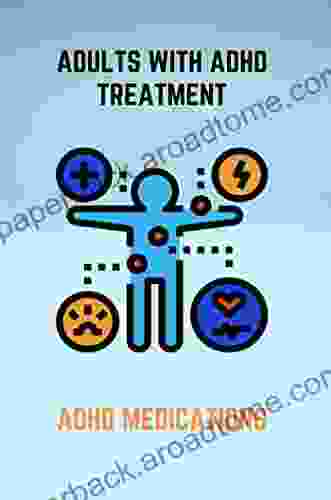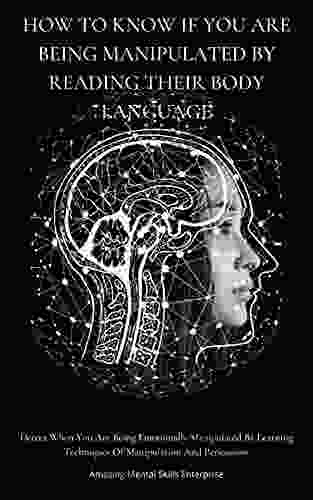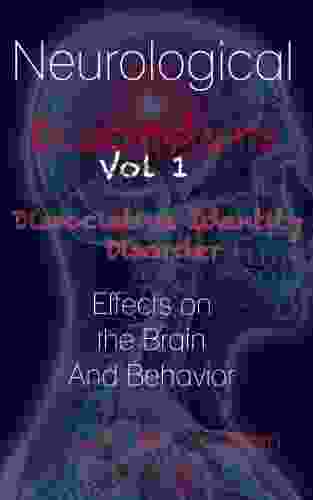: Understanding Adult ADHD
Attention Deficit Hyperactivity DisFree Download (ADHD) is a neurodevelopmental condition that affects individuals across the lifespan. While typically associated with children, ADHD can persist into adulthood, impacting an estimated 2-5% of adults.
Adult ADHD can manifest in a range of symptoms, including:
- Difficulty paying attention and concentrating
- Hyperactivity and impulsivity
- Executive function deficits (e.g., planning, organizing, decision-making)
- Emotional dysregulation and irritability
- Relationship and work challenges
Diagnosis and Treatment of Adult ADHD
Accurate diagnosis of adult ADHD involves a comprehensive evaluation by a healthcare professional. This evaluation typically includes an interview to gather information about symptoms and a review of the individual's developmental and medical history.
Treatment for adult ADHD typically involves a combination of medication and behavioral therapy. Medication can membantu to manage the core symptoms of ADHD, while therapy can teach individuals strategies for coping with the challenges associated with the condition.
ADHD Medications for Adults
A variety of ADHD medications are available for adults. These medications work by increasing the levels of certain neurotransmitters in the brain, such as dopamine and norepinephrine, which are involved in attention and focus.
Commonly prescribed ADHD medications for adults include:
- Stimulants: These medications, such as Ritalin and Adderall, are the most widely used ADHD medications due to their effectiveness in reducing symptoms. They work by increasing the levels of dopamine and norepinephrine in the brain, which can lead to improved attention, focus, and behavior.
- Non-Stimulants: These medications, such as Strattera and Intuniv, have a different mechanism of action than stimulants. They work by increasing the levels of norepinephrine in the brain, which can also lead to improved symptoms.
- Antidepressants: Certain antidepressants, such as Wellbutrin and Effexor, have been shown to be helpful in managing the symptoms of ADHD in some adults. They work by increasing the levels of dopamine and norepinephrine in the brain.
Choosing the Right ADHD Medication
The choice of ADHD medication for an adult depends on a number of factors, including symptom severity, individual preferences, and any co-existing medical conditions. It is important to work with a healthcare professional to determine the best medication and dosage for each individual.
Finding the right ADHD medication can be a process of trial and error. It may take time to find the medication that works best for a particular individual. It is important to be patient and work closely with a healthcare professional to adjust the medication as needed.
Benefits of ADHD Medication
When taken as prescribed, ADHD medication can significantly improve symptoms and overall quality of life for adults with ADHD. Benefits may include:
- Improved attention and focus
- Increased motivation and productivity
- Enhanced emotional regulation and self-control
- Reduced hyperactivity and impulsivity
- Improved relationships and work performance
Risks and Side Effects of ADHD Medication
As with any medication, there are potential risks and side effects associated with ADHD medication. Common side effects may include:
- Loss of appetite
- Difficulty sleeping
- Headaches
- Nausea
- Increased heart rate
In rare cases, ADHD medication can cause more serious side effects, such as heart problems, seizures, and psychosis. It is important to be aware of these risks and to monitor for any changes in physical or mental health while taking ADHD medication.
Adult ADHD is a manageable condition with the right treatment. ADHD medications can be a powerful tool for reducing symptoms and improving quality of life. By working with a healthcare professional to find the best medication and dosage, adults with ADHD can gain control of their symptoms and unlock their full potential.







































































